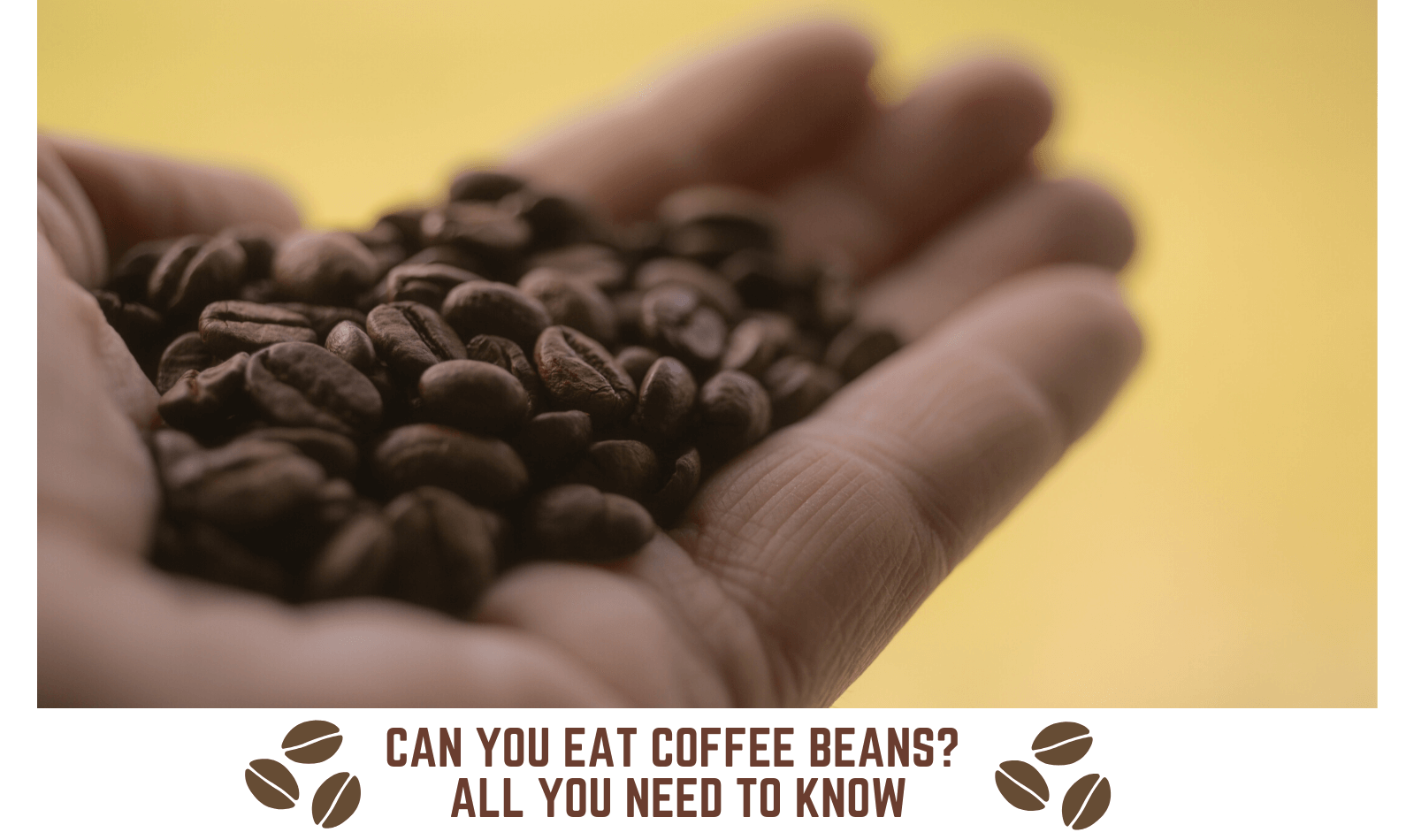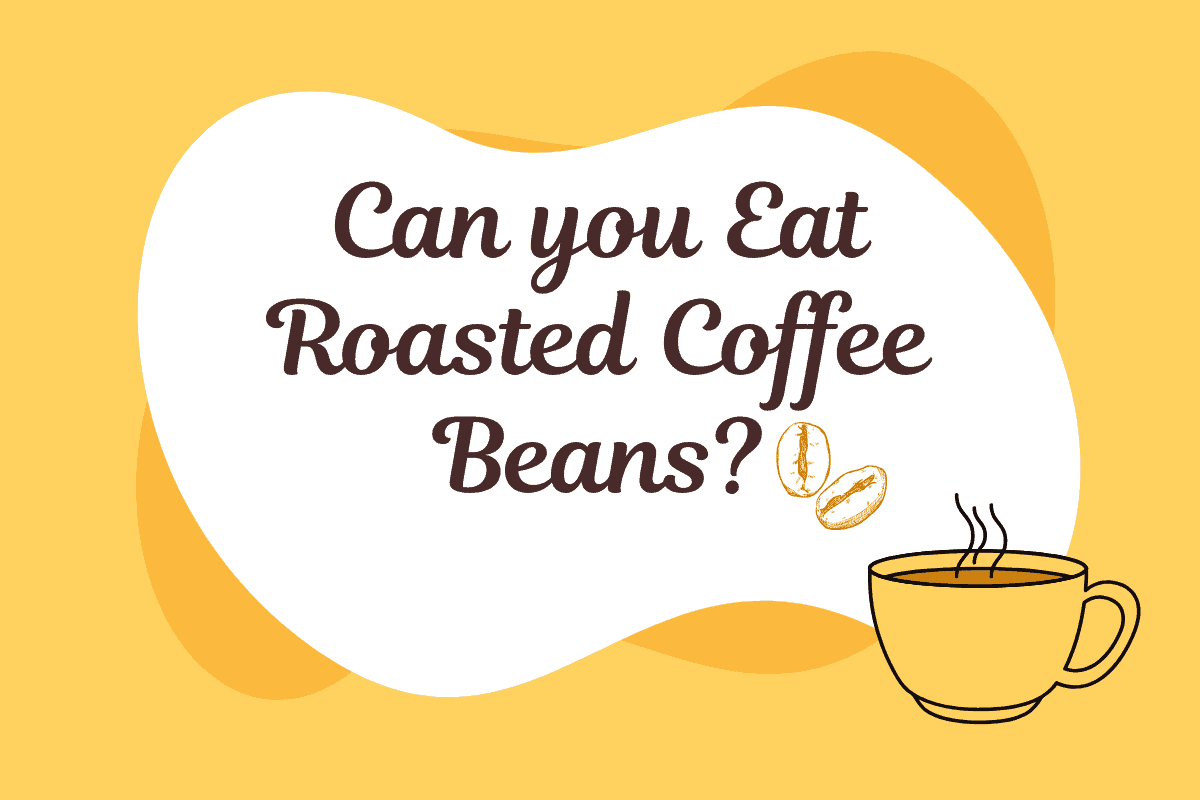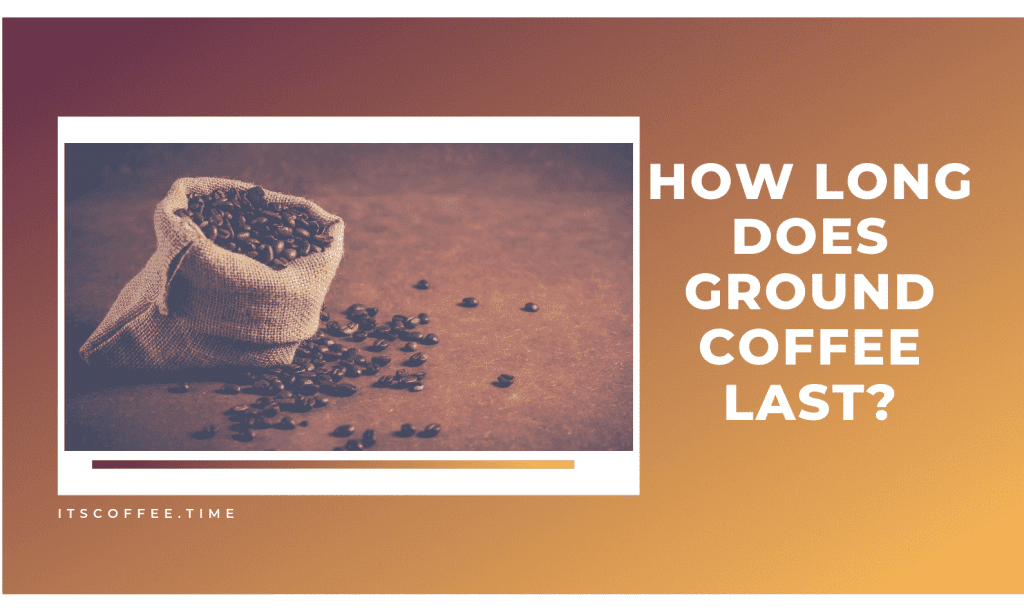Can You Eat Coffee Beans? Over the years, there have been many media riots over the health benefits of coffee. From reducing the risk of threats like heart disease and Parkinson’s to being a BIG source of antioxidants, these little caffeine-containing nuggets are some of the world’s most incredible natural wonders!
But, knowing that a cup of coffee can have so many benefits, it makes sense to ask whether it is possible to achieve the same or even better effects simply by eating the beans.
The question: “Can you really eat coffee beans?” It has been spinning in my head for some time, along with the equally important question “Would you like to eat them sooner?” The short answer is yes, you can eat coffee beans entirely, but let’s consider this question as we examine a handful of different varieties of beans.
The Basics of Coffee Beans
Coffee beans are actually the seeds of the coffee fruit (or cherry). During processing, the part of the fruit is removed and the seed inside is dried to leave raw green coffee beans. These green beans roast on a scale (from light to dark), giving us the coffee beans that we all know and love. Roasted beans are ground and prepared to prepare our favorite drink.
In fact, thanks to all this fleshy protection, coffee cherries have a really sweet taste. If you are super motivated to understand everything that makes coffee, it may be worth trying a full variety and thinking about how they compare. With enough practice, coffee connoisseurs can begin to distinguish distinctive varietal differences in these cherries, and it is these subtle variations that suggest the dramatic differences present after roasting.
Green Beans – Can you Eat Raw Coffee Beans?
These so-called “green beans” do not look like vegetables at all. Indeed, the green bean is simply a term for coffee beans that have been stripped of their fruit but have not yet been roasted.
Interestingly, the beans at this stage are incredibly durable and resistant. Once properly dried, these beans can be shipped around the world without much worry. This means that in many ways green coffee beans are treated as staple food, such as sugar or cotton. On their own, these beans are not particularly interesting and their flavors almost never change.
Read more about How to Make Irish Coffee at Home?
It is probably not too pleasant to bite one of these hard beans. Expect a woody consistency and a sour taste. For this reason, eating snacks with green coffee beans has never been successful, but we recommend going ahead and trying some if you’re curious.
Can you Eat Roasted Coffee Beans?
At this stage of processing these beans, we finally come up with something that should be familiar. Imagine the delicious bean hoppers on your favorite bartenders or the aromatic beans that you can buy in a grocery store. This is what we are talking about now.
While it’s not particularly common to eat these roasted beans on your own, this always happens. For example, coffee roasters regularly bite them to check their process, and curious domestic bartenders should have no qualms about testing their beans before preparation.
Benefits of Eating Coffee Beans
First, let’s take a look at a handful of the major benefits of consuming coffee beans directly rather than grinding them to prepare them.
Many of the acclaimed health benefits of coffee come from the high concentration of antioxidants in the bean in the form of chlorogenic acids. These phenolic acid compounds have been shown to prevent cardiovascular disease and reduce inflammation.
Green Arabica beans contain up to 150 mg of these antioxidants per gram, almost double that of green tea. Unfortunately, almost 50-70 percent is lost in roasting, while another portion is late when making coffee.
Green beans, or those with a very light roast, are therefore the best bean to eat if it is the antioxidant effect you are looking for.
-
Fiber
Coffee beans are high in fiber, with a portion of thirty beans providing around 3 grams or 10 percent of the recommended daily dose. For comparison, a cup of brewed coffee has exactly 0 g of fiber.
Fiber helps your body in many ways. For one, it increases stools as it passes through the digestive tract, helping to prevent constipation. It also promotes a feeling of fullness, even in small quantities, making it valuable for weight management.
-
Caffeine
Compared to drinking brewed coffee, eating beans provides you with even more caffeine. In addition, it is better absorbed through the mucous membranes of the mouth. Studies have shown that caffeine can improve memory and mental function, reduce fatigue, and help prevent type 2 diabetes.
On the other hand, for those looking to limit caffeine, such as pregnant or breastfeeding women, or people with high blood pressure, drinking brewed coffee is probably a safer option.
Anyone who has difficulty sleeping should also avoid eating beans that are known to cause sleep disturbances, especially at the end of the day. There is approximately 5-10 mg of caffeine per coffee bean and the maximum recommended daily intake for an adult is 400 mg.
In fact, roasting highlights all the interesting flavors and aromas of coffee. All these beans will have a pleasant taste and will be slightly varied. Feel free to eat these beans, but be careful of eating too many. In fact, given that we finally come to a form of coffee bean that is actually quite attractive and capable of generating many snacks, it is worth discussing the health benefits and concerns of drinking coffee beans.
Disadvantages of Eating Coffee Beans (Can You Eat Coffee Beans)?
Well, now that we have an idea of some of the benefits of direct coffee bean consumption, let’s take a look at the dark side of the coin. How can eating them be a brake on your health?
-
Acidity
For those with acid sensitivity, drinking coffee can cause heartburn. Eating coffee, of course, can make things worse.
Along with their natural acids, coffee beans contain a number of substances, such as caffeine and catechols, which are known to increase gastric acid production.
They are present in larger quantities in whole beans than in liquid coffee.
-
Cholesterol
There is some evidence to suggest that eating rather than drinking coffee may lead to an increase in the production of low-density lipoprotein (LDL), “bad” cholesterol. This is due to the presence of two compounds, cafestol, and kahweol. They are present in coffee beans in quantities from 10 to 40 times greater than prepared coffee.
While the link between cholesterol and coffee is not well established, it can be wise to avoid eating beans if high cholesterol is a problem.
-
Laxative Effect
Without going into too much detail, the laxative properties of coffee are well established and often considered beneficial. However, if amplified, they can present a problem. Be careful when eating coffee beans to avoid embarrassing situations.
-
Taste
No matter how much you like a dark cup of bitter black coffee, it’s still a long way from the harsh graininess of grinding a roasted bean. Not many people support the taste or texture of coffee beans. Fortunately, there are many delicious ways to eat these beans.
Read more about Best Coffee Makers under $50 of 2022
The most recognizable is probably the chocolate-covered coffee beans. While this certainly boosts the delight factor, it also increases the sugar and fat content. Another popular option is to eat raw coffee beans by incorporating them into baked goods or nutrient-rich protein shakes.
How do I know if I’ve Drunk too Much Caffeine?
We have all been there. That cup of coffee is too much and causes headaches, nervousness, and mood swings. Other symptoms that suggest having too much caffeine onboard include insomnia, heart palpitations, and muscle tremors.
Consume too much (more than 500 mg per day) on a regular basis and liver damage, hypertension, and addiction may be observed, which could lead to a withdrawal period when you quit smoking.
Again, it is worth considering if you decide to start eating coffee beans.
Does it matter if I Eat Light or Dark Roasted Beans?
Not exactly. Medium or dark roasted beans may be more palatable (if they are fatter) to eat from the point of view of flavor, but this depends on personal preference.
In terms of caffeine content, the jury doesn’t know which roast contains the most. The National Coffee Association suggests that lighter roasts have a slightly higher caffeine content and it seems like a good bet to know what they are talking about when it comes to coffee.
Can I also have a Ground Coffee?
Yes, you can also consume ground coffee. Again, in moderation. They are also good as fertilizers and can be an excellent body scrub, among many other home uses!
Conclusion: Can You Eat Coffee Beans?
We hope we have answered all your questions and even dispelled some myths about coffee beans. So the next time you want to try those chocolate-covered coffee beans that you saw on sale in your favorite bar, you can eat with confidence! Please share your opinion on the article. We would like to know your take




